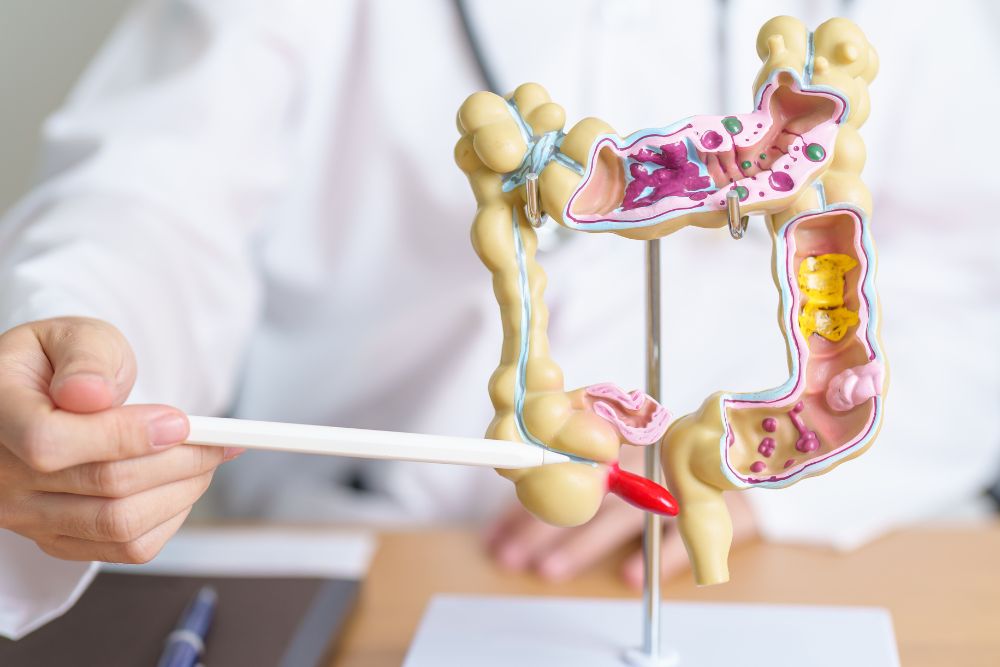Colorectal Surgeries

Colorectal surgeries are designed to address issues within the colon, rectum, and anus, targeting conditions such as cancer, inflammatory bowel disease, and diverticulitis.
Colectomy involves removing portions of the colon to treat conditions like cancer or severe inflammation. This can include a partial colectomy, which removes a segment of the colon, or a total colectomy, where the entire colon is removed. A hemicolectomy removes either the right or left side of the colon, while a sigmoid colectomy focuses on the sigmoid colon, which is closest to the rectum.
Colostomy Creation involves forming an opening in the abdominal wall to allow waste to exit the body when the colon or rectum is not functional. An ileostomy is similar but involves creating an opening from the ileum, the last part of the small intestine.
Rectal Surgery can include procedures like anterior resection, which removes part of the rectum and sometimes the sigmoid colon, or abdominoperineal resection, where both the rectum and anus are removed, often for rectal cancer. An artificial anus (colostomy) is usually created during this procedure.
Polypectomy is performed to remove polyps from the colon or rectum, typically during a colonoscopy. Proctectomy involves the removal of the rectum and may be done for rectal cancer or severe inflammatory bowel disease.
Diverticulectomy is used to remove diverticula, which are small pouches in the colon that can become inflamed.
Anal Fistula Surgery treats abnormal connections between the anal canal and the skin, which can cause chronic issues. Hemorrhoid surgery, such as hemorrhoidectomy or rubber band ligation, addresses hemorrhoids that cause significant discomfort.
These surgeries aim to relieve symptoms, correct anatomical problems, or treat diseases affecting the colorectal area, with recovery times varying based on the complexity of the procedure and the patient’s overall health.


